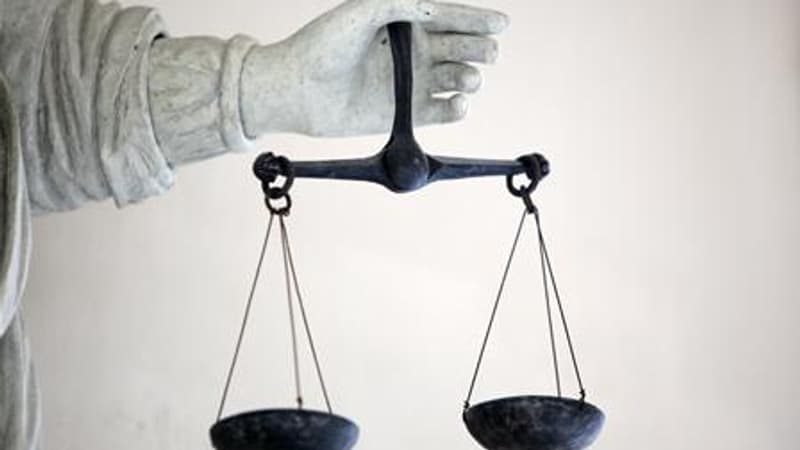Billed as the “first robot lawyer,” DoNotPay will soon have to use his talents to defend himself in California courts. In fact, the robot is accused of practicing law without a diploma, which is prohibited by law. The Edelson law firm thus filed a class action lawsuit in early March before the San Francisco County Superior Court, according to the US media Business Insider.
The legal action was brought by an individual, Jonathan Faridian, “on his own behalf and on behalf of other persons involved.” The complainants had used DoNotPay for the drafting of various legal documents, such as letters of summons or a complaint for discrimination at work. Problem: The documents provided were not submitted by a competent attorney and contained a number of errors that made them unusable.
Millions of cases solved
Therefore, DoNotPay is flagged for its unethical practices. Using artificial intelligence, the robot lawyer is supposed to solve many legal problems, such as drafting divorce papers or preparing a lawsuit in small claims court.
Founded in 2015 by Joshua Browder, DoNotPay was not meant to replace lawyers. Initially, the tool was only meant to help users contest their parking tickets, before expanding its services. And it seems to be working as the company, which can help “prosecute anyone”, claims to have more than 2 million cases resolved.
Regarding the class action lawsuit, Joshua Browder said on Twitter that the company had nothing to hide and would even use its bot to win the lawsuit.
From the Internet to the courts
This is not the first time that DoNotPay has created controversy. A few weeks ago, the robot lawyer had almost played the real lawyers to defend a man in court in a speeding case. The system was supposed to alert the defendant in real time via headphones, relative to what he was saying to himself in the courtroom.
But in the face of controversy, DoNotPay and Joshua Browder had to back down, saying they had received threats from state bar prosecutors. The risk of spending six months in prison also weighed in the balance.
DoNotPay has also been singled out for its lack of transparency about how it works. Are humans hiding behind the results obtained? What is the proportion of content written by ChatGPT? How is the most relevant law identified to satisfy each need? Joshua Browder Unanswered Questions.
Source: BFM TV


